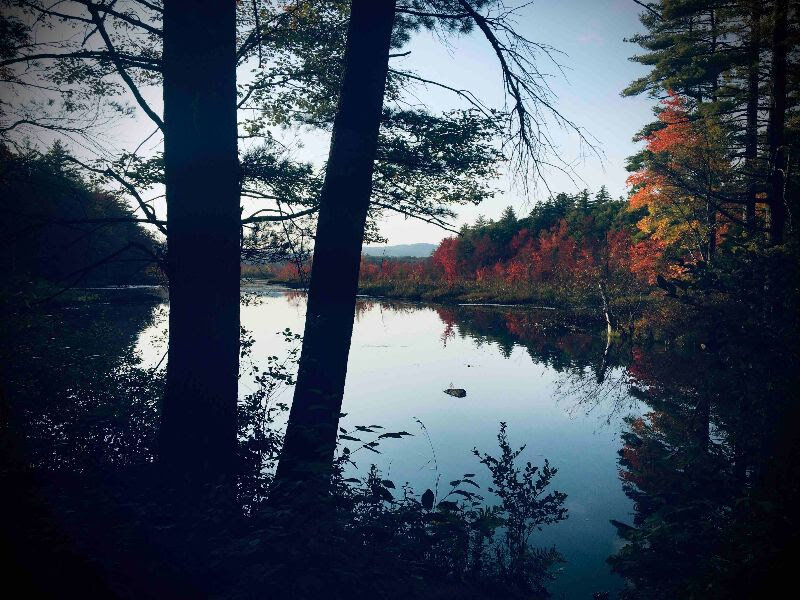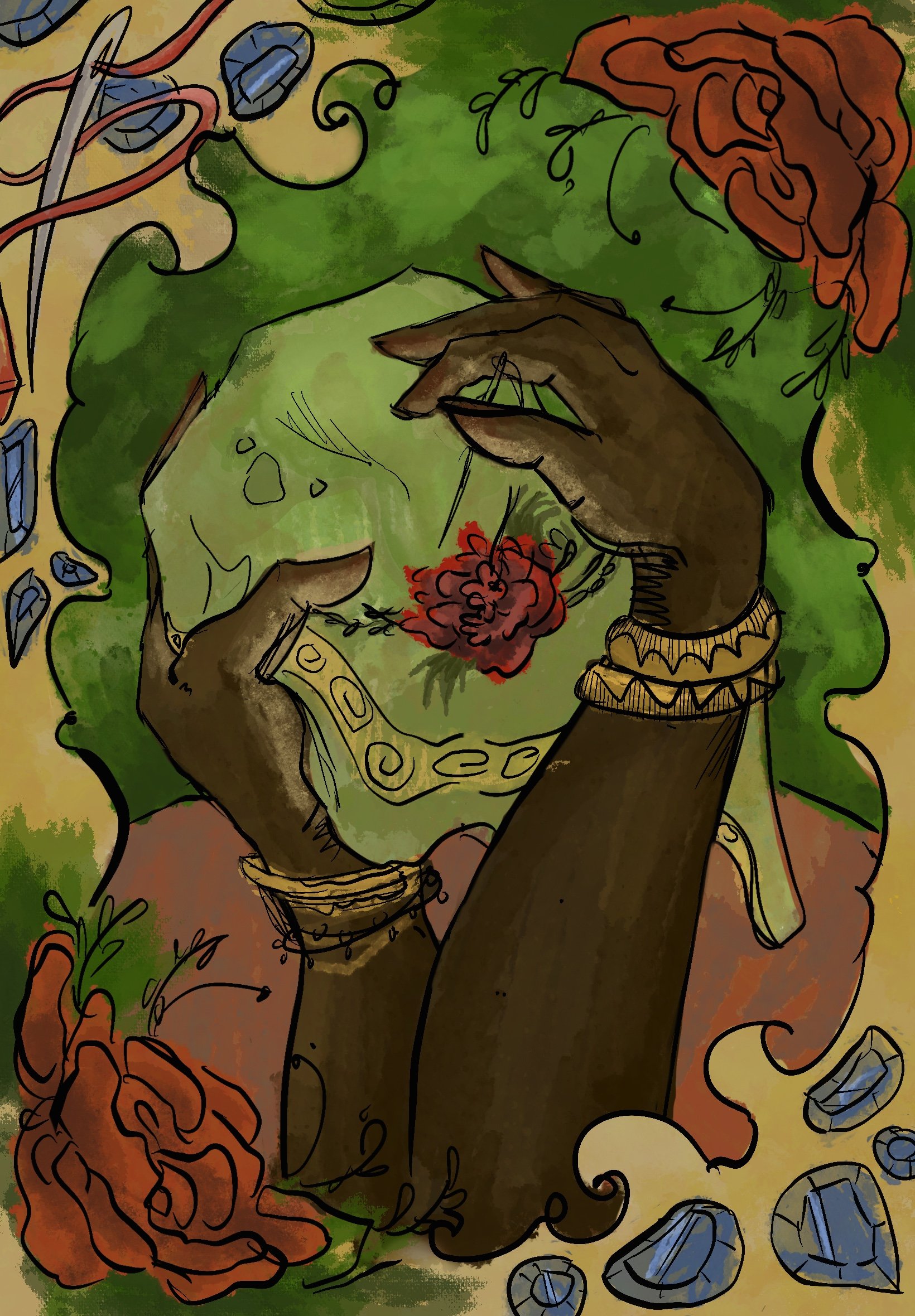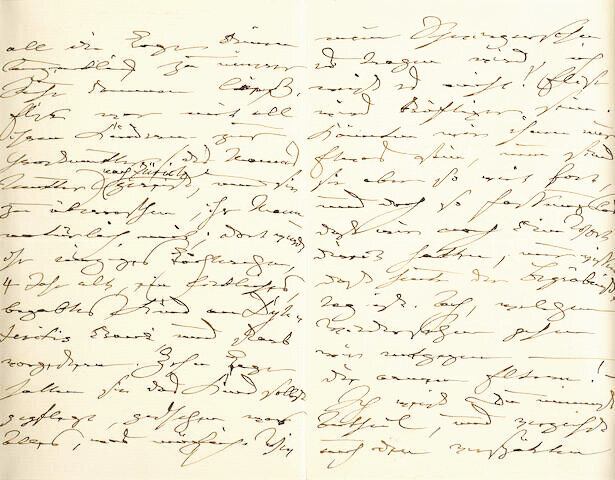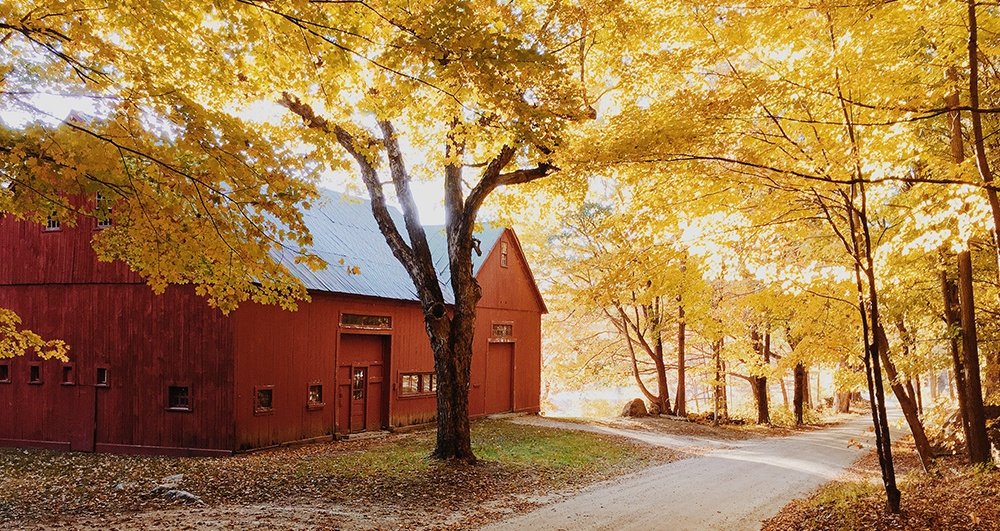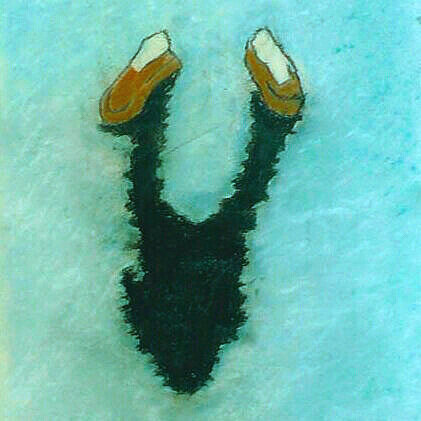Heart & Home
Heart & Home: Tunes and Tales from the Monadnock Region is a collaboration with folk pianist Gordon Peery in which he and Jazimina seek to unearth the music and stories born of this beautiful place they call home. In July 2018 Heart & Home presented a program at the Apple Hill Center for Chamber Music; Gordon and Jazimina were joined by Marji Gere on violin, Dan Sedgwick on piano, and Henry Walters as narrator. Local composer Miriam Sharrock was commissioned to set two of Elbridge W. Locke’s poems for the occasion, and historian Alan Rumrill offered invaluable research assistance.
The Hutchinson Family
was an American singing group of the mid-19th century from Milford, NH. Comprised of eleven brothers and two sisters, the Hutchinsons are considered by many to be the first uniquely American popular music performers. They toured extensively, singing in four-part harmony in the style of the recently lauded Tyrolese Minstrels. In contrast to the prevailing sentimental and minstrel songs of the period, their music confronted social issues and embraced causes including woman suffrage, prohibition of alcohol, Abolition, and opposition to the Mexican-American War.
ELBRIDGE W. LOCKE
From History of Cheshire and Sullivan Counties, New Hampshire 1886: “The most widely known member of the [Locke] family is ELBRIDGE W. LOCKE, who, as a writer of short poems and songs, a composer of music, and a pubic singer, has a reputation the family may well be proud of. His songs have reached a sale of six hundred thousand copies. Sent to the army by President Lincoln to sing for the soldiers, he became army postmaster and often associated as nurse in the hospitals at the front, and long before the three years of his time with the soldiers that had expired, he was probably known to more soldiers than any other civilian in the country. His book, "Three years in Camp and Hospital," had a large sale, and is more read today than when first published, nearly twenty years ago. The "boys in blue" who saw him mounted on a stump of a tree, with a brigade of three thousand men packed around him, listening to the stirring songs and amusing stories, will never forget him. Always at the front and ready for any duty, he was known as Father Locke and still retains the title among civilians as well as soldiers. His father and mother were excellent singers and no day was long enough to weary the mother of labor or of song. A leader in the church choir, her house was the rendezvous for all musicians, and when Blind Rice, the fiddler, made his annual visit to the town, her house was, for the time being, the academy of music for the town, with free tickets and free suppers to all. His boyhood home was a free tavern for all beggars, no matter how degraded, there was a word of pity, and a good meal for all who came. Such being the home of his youth, no wonder he has spent his life in song and ministering to the unfortunate. A portion of thirty years of his life has been spent devoted to visiting prisons, and giving free concerts. He is spending his last days in a pleasant home near the soldier's home in Chelsea, four miles from Boston, enjoying the fruits of his industry in the years that are past. He has one child, Emma, who is the wife of Hon. Albert Rowe, of Genesee County, NY.”
Music-Making in Cheshire County
Cheshire County Teachers’ Musical Institute, 1853
“RESOLUTIONS.
BELIEVING that the practice of Vocal and Instrumental Music to be one of the most fruitful sources of happiness,— increasing our joys, soothing our sorrows, and in worship bringing us nearer to the King of Kings,— therefore,
Resolved, That we have have passed a short time here pleasantly and profitably;— that we hope the lessons learned and the interest excited may long be felt by the music-loving people of Cheshire County.”








